Publications
Articles, publications, books, tools and multimedia features from the U.S. Institute of Peace provide the latest news, analysis, research findings, practitioner guides and reports, all related to the conflict zones and issues that are at the center of the Institute’s work to prevent and reduce violent conflict.
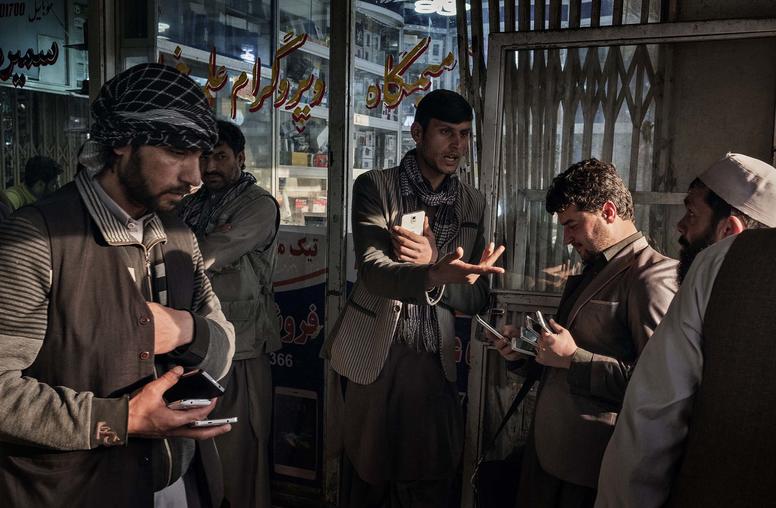
Revitalizing Afghanistan’s Ministry of Finance
Revitalizing Afghanistan’s badly damaged Ministry of Finance is critical for the state’s survival today and will be equally important during a peace process or under any interim or power-sharing arrangement. Without curbs on political interference and corruption at the ministry, Afghanistan will be hard pressed to ensure that aid pledges made at November’s Geneva international conference materialize.
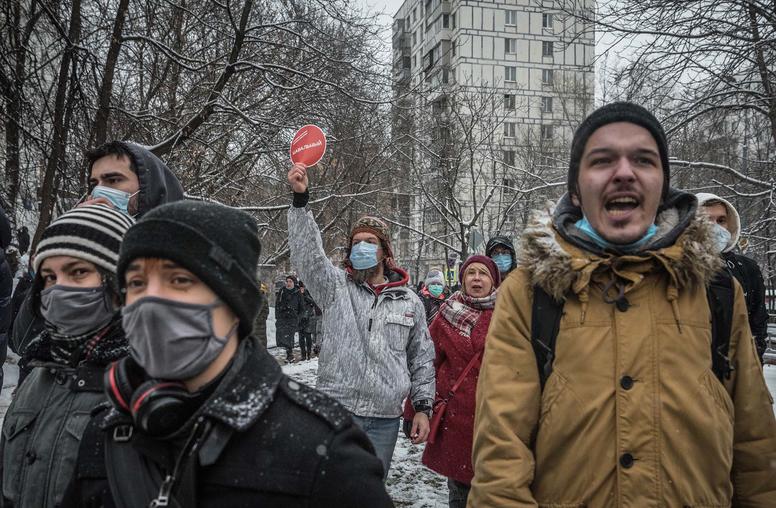
A Reason for Hope in Russia’s Industrial Heartland
The courageous return to Russia and arrest of Alexei Navalny opened a new phase in the opposition to President Vladimir Putin’s rule. Not only were the ensuing demonstrations the largest and most widespread since 2011-2012, but the opposition also showed itself to be more daring, aggressive and creative. The authorities responded with arrests of organizers and activists throughout the country and recently detained 200 elected local officials and others gathered at a conference in Moscow to discuss municipal self-government. The run-up to parliamentary elections scheduled for September will be the next opportunity for the opposition to show its strength.
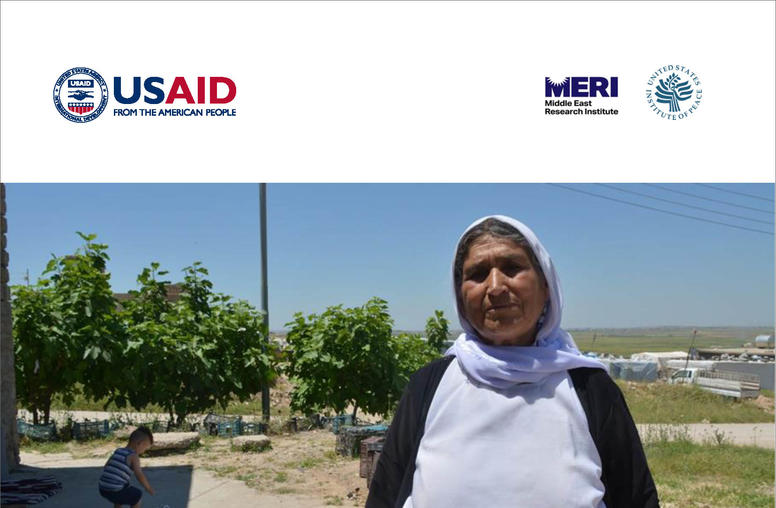
Ninewa Plains and Western Ninewa: Sustainable Returns and Stabilization Efforts (Arabic)
The aim of this report is to map previous and current initiatives undertaken by local, provincial and national governments, civil society organizations, international NGOs and other actors to address barriers to stabilization and the return of displaced persons from Ninewa governorate, particularly Ninewa Plains and Western Ninewa. The report also identifies shortcomings, failures and gaps that constrain return processes and long-term stabilization.
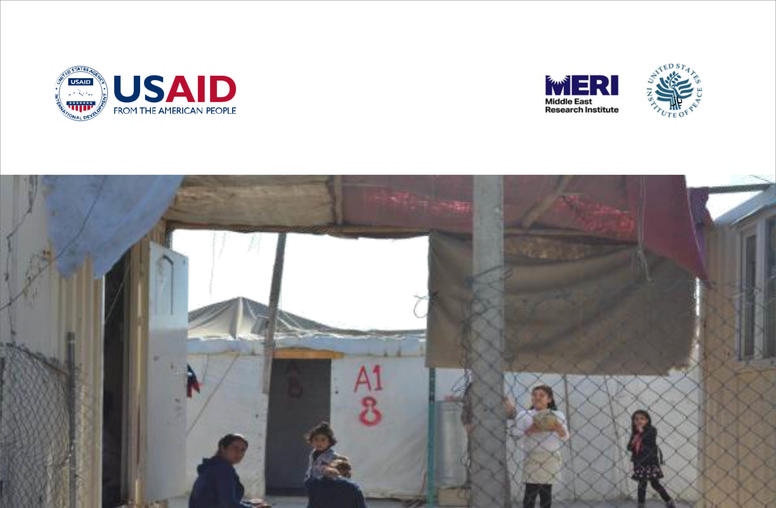
Ninewa Plains and Western Ninewa: Barriers to Return And Community Resilience (Arabic)
This report is a meta-analysis of the vast literature on Ninewa IDPs and the barriers to their return. It covers important analytical and contextual gaps with firsthand research to inform and enhance stakeholder policies.
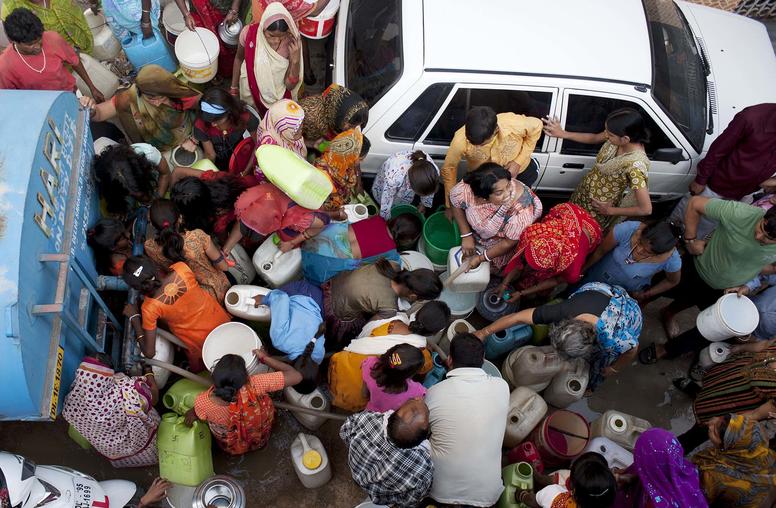
World Water Day: The Role of Nonviolent Action in Water Governance
Will people go to war over water? According to the United Nations, “Water is the primary medium through which we will feel the effects of climate change” in the years ahead. As access to this finite, vital resource becomes increasingly imperiled, water-related tensions will rise — both between states and within them. In recent decades, disputes between governments and local stakeholders have resulted in mass action events centered on water governance. Today, in the age of accelerating climate change, nonviolent movements will need to adapt their strategic thinking if they are to improve water governance and prevent violent conflict.
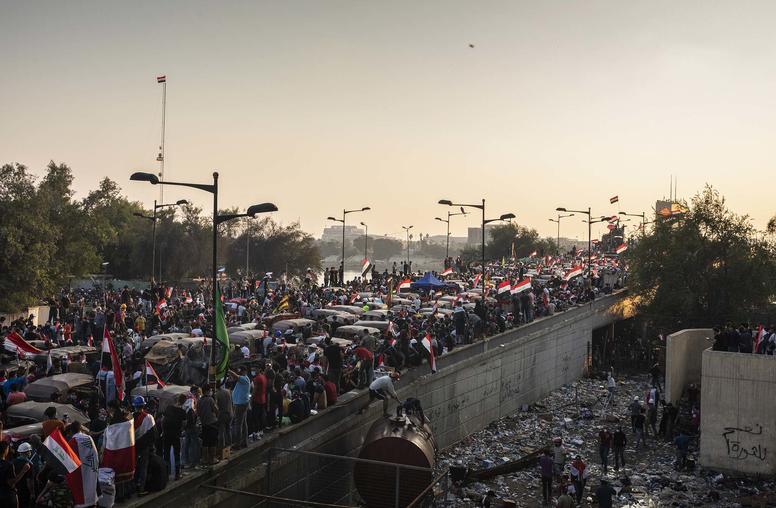
Iraq Faces Major Governance Challenges—Can Decentralization Help?
Over the last year Iraq’s economy has been in free fall, leading to a recent decision to devalue its currency, the dinar, by 23 percent. As the country deals with intersecting economic, political and security challenges, a growing chorus is calling for greater control over decision-making at the local level. A critical step in that effort is to ensure that Iraq’s budget is responsive to the needs and priorities of local communities. Absent comprehensive reforms, decentralization efforts on the budget or in other sectors will not address Iraq’s manifold governance woes, but it could be a step in the right direction.
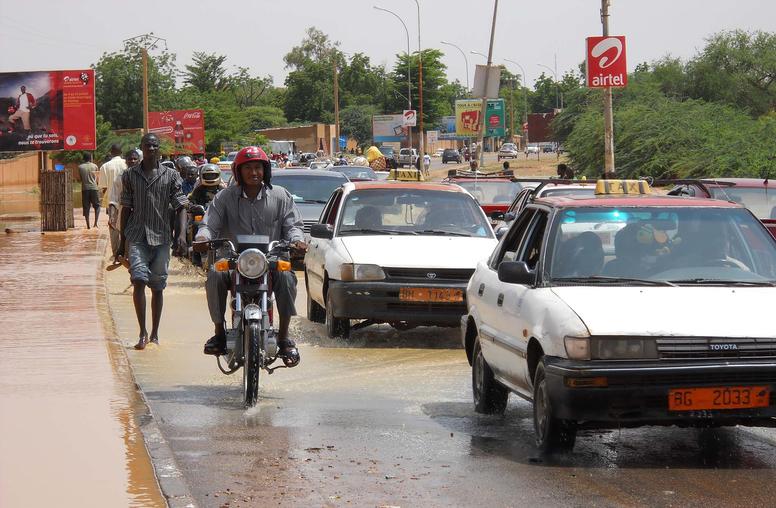
Despite Post-Election Violence, Niger Achieves Democratic Breakthrough
Niger’s presidential election has ushered in the West African nation’s first-ever democratic transition of power. As some international observers have heralded the success of these elections, accusations of irregularities have led to massive protests and government repression, including a 10-day internet shutdown. Hundreds of people have been arrested in the capital, Niamey, while police have clashed with protesters in several other cities. USIP’s Nourdine Harouna Abdou explains what happened in the first- and second-round votes and what the elections mean for peace and security in Niger.
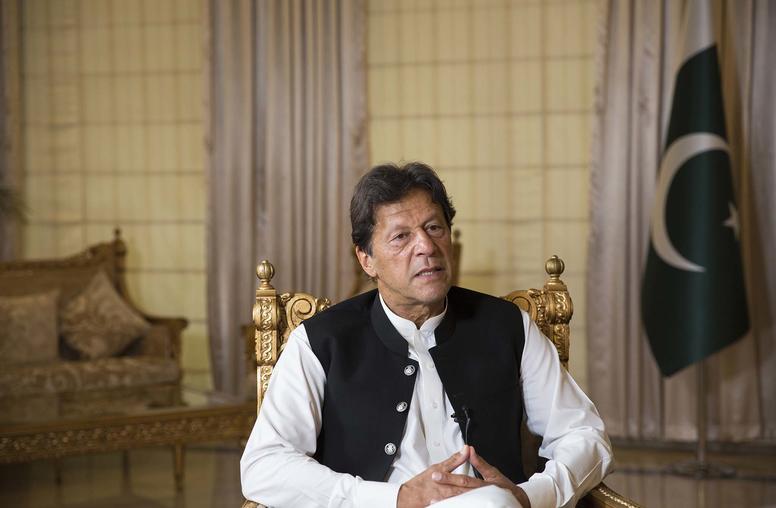
Pakistan Senate Election Upsets Government Efforts to Solidify Power
Pakistan held indirect elections on March 3 for the Senate, its upper house of Parliament, which is elected by sitting legislators in the National Assembly (the lower house of Parliament) and each of the provincial assemblies. Given the typically party-line vote, Pakistani Senate elections tend to be mundane affairs, with the results often preordained. However, in last week’s elections the ruling Pakistan Tehreek-e-Insaf (PTI) party, despite having a numerical majority in the national and provincial assemblies, failed to forestall defections among some lawmakers and in doing so failed to take control of the Senate from the opposition.
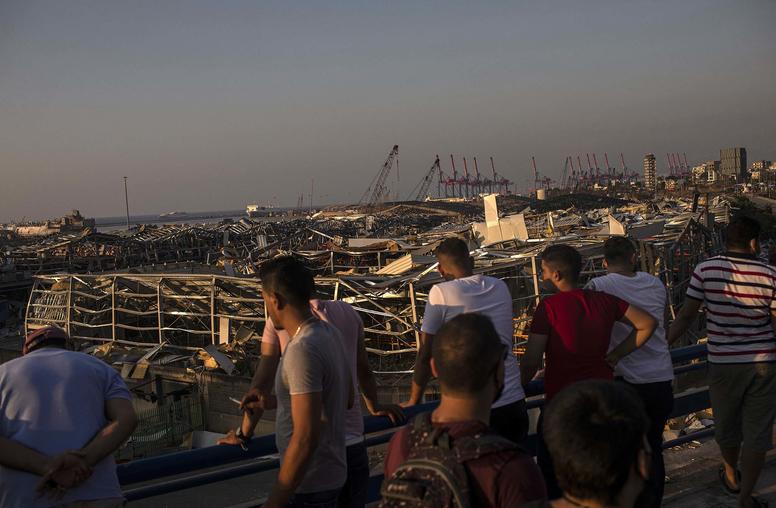
As Lebanon Melts Down, Can it Avert Total Collapse?
As Lebanon marks the seven-month anniversary of the catastrophic blast at the Beirut port last August 4, the country appears to be in a rapidly accelerating free fall. Lebanon’s currency continues to plummet in value, hitting new lows this week. With foreign exchange reserves falling, Lebanese officials have raised fresh concerns that the country may soon not be able to import key necessities such as food and fuel. Meanwhile, despite a COVID pandemic surge, angry Lebanese have taken to the streets across the country, protesting the rapidly deteriorating economic and social conditions. At the same time, efforts to form a new cabinet following the government’s collapse last August remain stalemated.
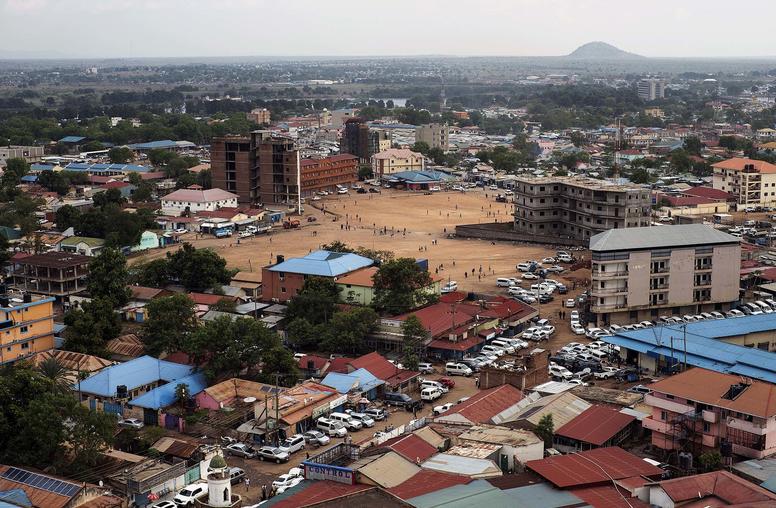
South Sudan: From 10 States to 32 States and Back Again
Last year, South Sudan reintroduced 10 subnational states in South Sudan, in place of the 32 states controversially created in 2017. Far from being an obscure matter of administrative organization, the initial, dramatic redivision of territory in the midst of protracted violence and large-scale displacement had a significant impact on representation, as well as social, economic, and political relations throughout the country. In 2018-19, researchers commissioned by USIP sought to better understand the decision-making process behind the creation of the 32 states in South Sudan. Researchers Matthew Pritchard and Aly Verjee discuss their findings in light of current developments.